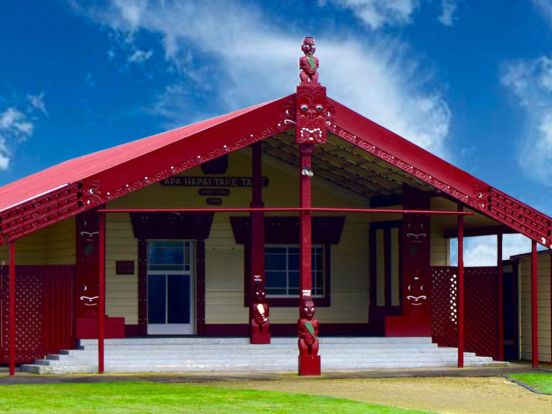The Restaurant Association (RA) says the timing of the Fair Pay Agreements Bill could not be worse for an industry already under enormous pressure.
But regardless of timing, Bidois says the underlying principles of the Fair Pay Agreements Bill warrant interrogation, starting with nomenclature which puts anyone arguing against it at a distinct disadvantage.
“After all, who could be seen to be arguing against fair pay? But that is not what we are doing by any means. Instead, the association and our members have always believed it is essential that pay packets are accurately matched to value added by the individual employee,” she states.
The Government’s Fair Pay Agreements Bill passed into law on Wednesday October 26.
Bidois says profit margins in the hospitality industry are deceptively low, with an average between just 4-7 percent. “There isn’t a lot of wriggle-room there. Inflation is already heavily impacting input costs. This already puts margins under pressure.
“Our sector is being pushed to the brink with compounding compliance costs, difficulty in finding staff, and restrictive immigration policy which has made it hard to bring workers in.”
The combined effect of these challenges, she points out, means restaurants are left with little option but to increase prices in many cases.
As an industry which cares for its people, Bidois says the blanket approach of collective agreements reduces every hospitality business to the lowest common denominator.
“If we’re talking ‘fair’, this is about as far from it as you can get. Yes, as in any industry, you will find examples of suboptimal employment relations if you go looking, but for the vast majority this just isn’t the case.
“We are an industry which cares for our people. We have to be, out of simple humanity just as much as economic necessity,” says Marisa Bidois, Restaurant Association CEO.
In fact, she cites the RA’s ‘Hospo Cred’ voluntary programme which offers a platform of standards. Those achieving HospoCred-itation demonstrate commitment to best practice and ongoing development of themselves, their business, and their team as good employers.
With New Zealand’s minimum wage already one of the highest in the OECD, and a further increase set for April next year Bidois says it is hard to see justification for industry-wide award.
The association, stresses Bidois, is clear that it has always supported fair pay and appropriate working conditions and has long done so without the compulsive force of the law.
“Our members are good people running good businesses. It isn’t possible to do that without attracting and retaining good people; our members know the delivery of a great hospo experience depends to a very large extent on the contributions of great team.
“With initiatives like Hospo Cred, we are leading work in our sector to provide support to our members in achieving this, without the introduction of Fair Pay Agreements.
“The association disagrees with the Fair Pay Agreements (FPA). We want to ensure that it is clear, however, that the association supports fair working conditions and as the representing body of most of the cafes and restaurants in New Zealand we provide support for our members in achieving this.
“The increasing compliance burden continues to take its toll on many of our employer members.
“We currently operate in an environment with extremely robust minimum standards in place, that provides wide-ranging protection for employees. Low unemployment and minimum wage levels already provide incentive for employers to put their best foot forward with regards to pay and conditions.”








